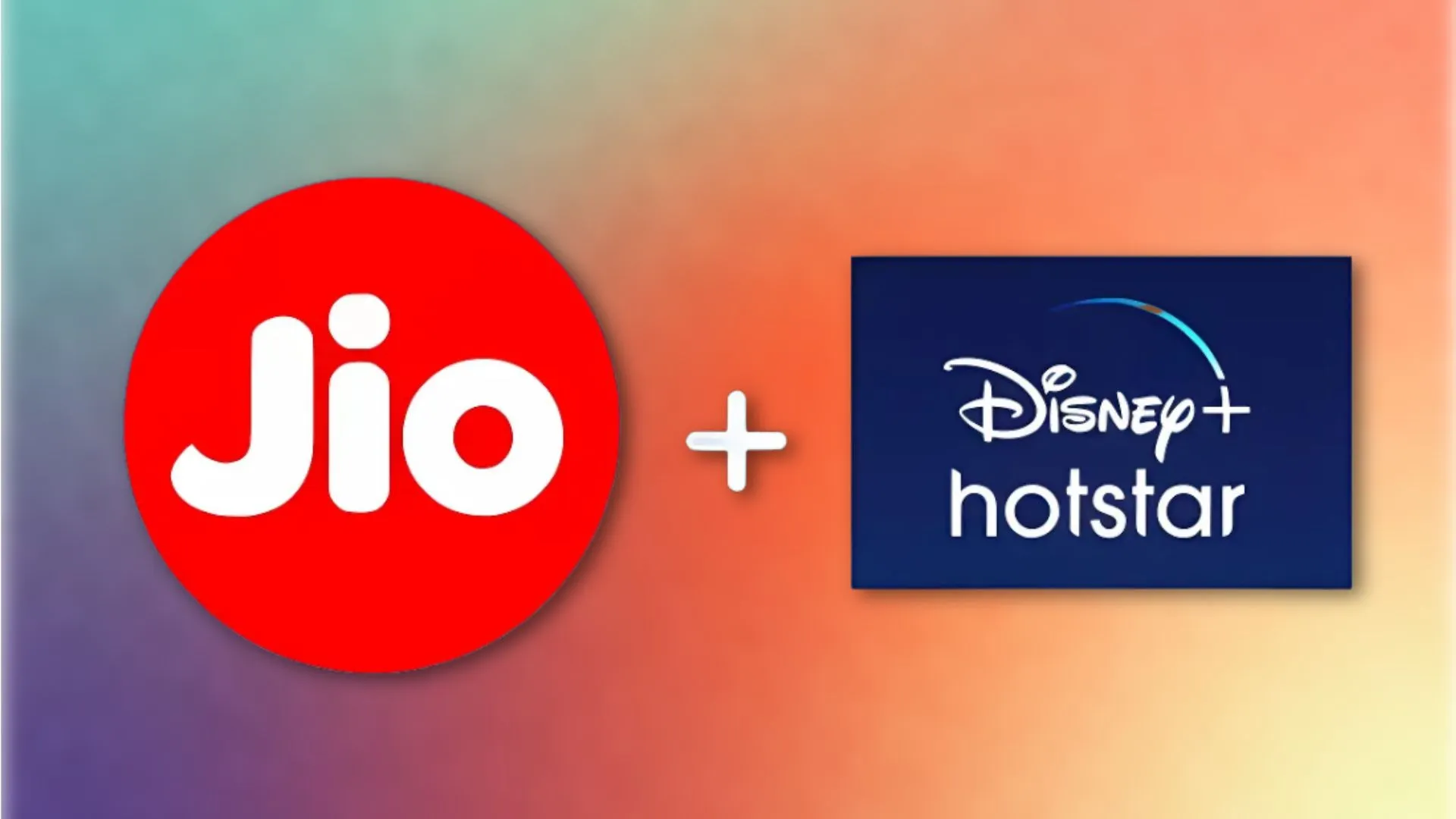In a recent turn of events, a Delhi-based app developer has found themselves at the center of a legal dispute with Reliance Industries over the domain name JioHotstar. The developer purchased the domain in anticipation of the proposed merger between JioCinema and Disney+ Hotstar, hoping to capitalize on the union. However, what began as a simple gamble for future profit has now escalated into a legal battle.
The Domain Gamble
The unknown app developer initially bought the domain JioHotstar after rumors of the merger surfaced, hoping it would give them an opportunity to sell it back to Reliance. The developer left a message on the domain’s landing page explaining their intention: to use the sale of the domain to fund their dream of studying at Cambridge University.
“When I saw this domain become available, I felt things might just fall into place. My intention of buying this domain was simple: if this merger happens, I might be able to fulfill my dream of studying at Cambridge,” read the message.
The developer’s ambitions were clear—they placed a price tag of £93,345 (₹1.01 crore) on the domain, the exact amount needed to cover tuition fees for their Executive MBA program at Cambridge.
Reliance Responds with Legal Action
The developer’s hopeful message quickly caught the attention of Reliance Industries. On October 24th, the developer posted an update revealing that a senior official from Reliance, Ambujesh Yadav, Assistant Vice President of Commercials, had reached out. However, instead of negotiating a deal, Reliance denied the developer’s request and proceeded to threaten legal action.
“The request has been denied. Reliance will proceed with legal action,” the developer shared in the update. Despite the threat, the developer expressed hope that Reliance might reconsider. “I don’t have the power to stand against Reliance. I wish such a large group could help.”
Legal Complications
The app developer, now seeking help from legal professionals, has stated that they did not infringe upon any trademarks or copyrights when they bought the domain. They argue that the name JioHotstar did not exist as a registered trademark at the time of purchase in 2023. The developer added, “I might automatically lose access to this domain in a few hours. If any legal professional could help, I would be grateful.”
This situation highlights the complexities of domain squatting, where individuals purchase domain names related to existing or potential future trademarks in the hope of selling them at a profit. Reliance’s legal stance suggests that they believe the developer’s actions infringe upon their intellectual property, despite the fact that the JioHotstar trademark may not have been officially registered when the domain was acquired.
A High-Stakes Gamble
For the app developer, this gamble on a domain name has quickly spiraled into a high-stakes legal confrontation with one of India’s largest corporations. What remains to be seen is whether the legal system will side with the developer’s claim that no laws were broken at the time of purchase, or if Reliance will prevail in reclaiming the domain name through legal action.
This incident has raised questions about the ethical and legal boundaries of domain name purchases and whether large corporations can or should wield such power in disputes with individuals.
ALSO READ: Can India Become A Global Chip Powerhouse? Nvidia’s Partnership Signals A New Beginning























